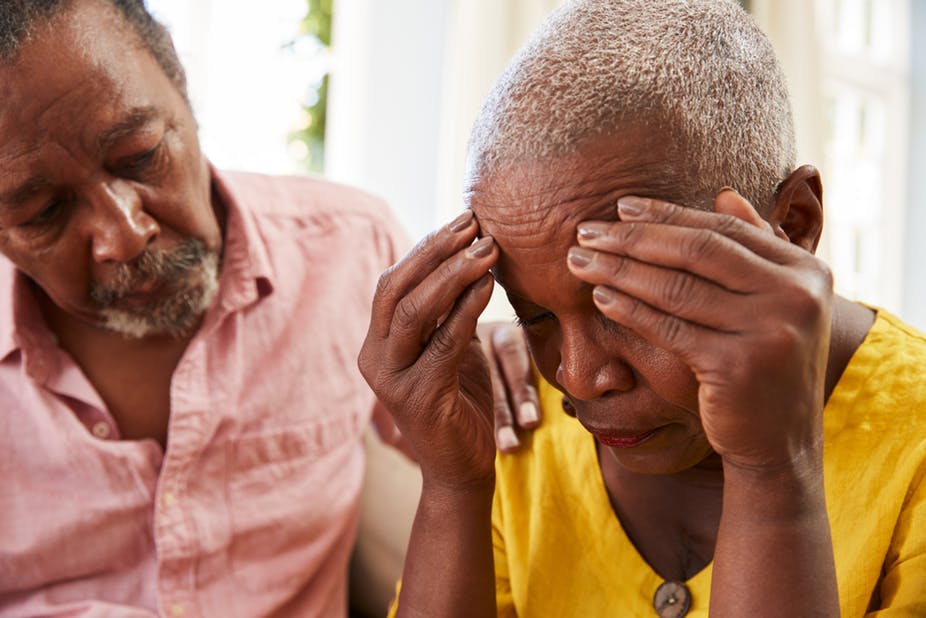
Mental health has historically been neglected on Africa’s health and development policy agenda. Faced with many challenges, including intractable poverty, infectious diseases, maternal and child mortality, as well as conflict, African political leaders and international development agencies frequently overlook the importance of mental health.This trend is often compounded by three factors: ignorance about the extent of mental health problems, stigma against those living with mental illness and mistaken beliefs that mental illnesses cannot be treated.
Absence of treatment is the norm rather than the exception across the continent. The “treatment gap” – the proportion of people with mental illness who don’t get treatment – ranges from 75% in South Africa to more than 90% in Ethiopia and Nigeria.
Yet there are several reasons to give greater priority to mental health. These include the fact that doing so delivers other health benefits; that it helps tackle socioeconomic challenges; that there are economic benefits; and that human rights offences are reduced.
To read the full article, please click here.

